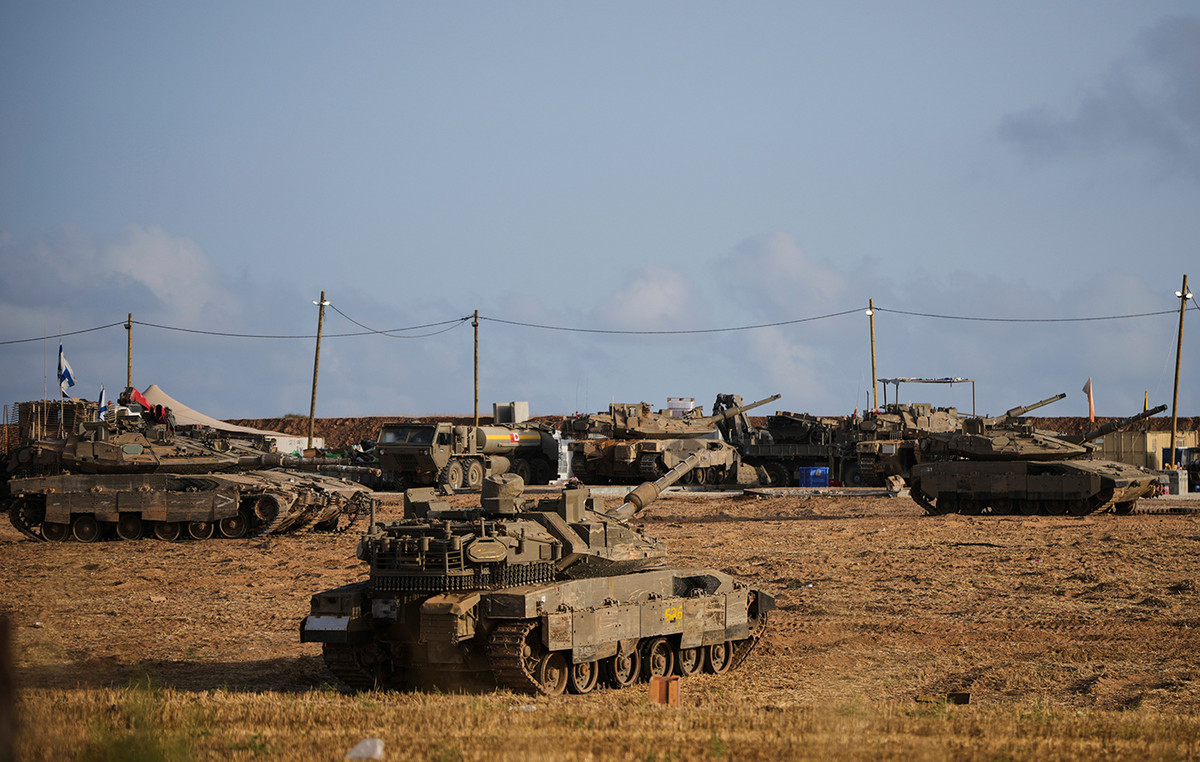Parliament gave the definitive green light to the Security Decree, converting into law a text that had aroused controversial controversy since its first formulation. The measure, strongly desired by the government, had been initially presented as a bill in November 2023but after an obstacle course it is landed in the classroom in the form of a decree. With the trust voted by the Senate, it now becomes law.
The text, consisting of 39 articles, introduces 14 new crimes and 9 aggravating circumstances for existing crimes.
One of the most controversial points concerns pregnant women or children under the year of age. So far, the execution of the sentence was automatically postponed. With the new decree, however, the decision becomes discretionary. The specific text that the inmates will have to be transferred to the ICAM, institutes with attenuated custody for mothers, but these structures are very few on the national territory. The government justifies the rule with the need to prevent children from being made “to avoid prison”. The oppositions replicate that it is a disproportionate measure, which risks affecting above all foreign women, Roma or in situations of serious marginality, often involved in minor crimes.
The Security Decree also introduces the crime of “revolt in prison”, with such a large definition to include the simple refusal to obey an order. The sentence expected goes from one to five years, with aggravating up to eight in the event of “serious disturbances”. The rule does not apply only to prisons, but also to CPR (Centers of stay for repatriation), already the subject of frequent complaints for human rights violations. The very concept of “order” is left vague and without a clear regulatory foundation, making it difficult to distinguish between legitimate and arbitrary order.
The crime of road blocking also returnswhich will cost up to a month in prison. The penalties are tightened for those who participate in events, even in the absence of violent behavior. In the case of protests against large works, for example, it will be enough to have hindered the works to end up on trial: the simple passive resistance will be sufficient. The sanctions also aggravate for injuries to public officials, damage to public buildings and abusive occupations. Also The cultivation, processing and sale of Cannabis Light is prohibitedin fact, gaining an entire commercial sector, despite the content of THC was already regulated by the 2016 law.
The police are recognized a package of strengthened protections. The agents involved in criminal proceedings relating to the service will be entitled to A reimbursement of legal fees up to 10,000 euros per degree of judgment. They will be able to bring private weapons even out of service, without the need for license. Bodycam will become ordinary equipment, but there will be no obligation to use them or identify the agents With visible codes: a detail that makes it very difficult for a citizen to report any abuse.
Amnesty International has taken decisively against the provision, denouncing the risk of “Unprecedented limitations to the right to peaceful protest”. But the criticisms do not stop there: even the special speakers of the United Nations warn that many of the provisions could compromise compliance with fundamental rights guaranteed internationally. A text that marks a turning point in the relationship between security and civil freedoms. And which poses urgent questions about the future of the right to dissent.
Source: Vanity Fair
I’m Susan Karen, a professional writer and editor at World Stock Market. I specialize in Entertainment news, writing stories that keep readers informed on all the latest developments in the industry. With over five years of experience in creating engaging content and copywriting for various media outlets, I have grown to become an invaluable asset to any team.





